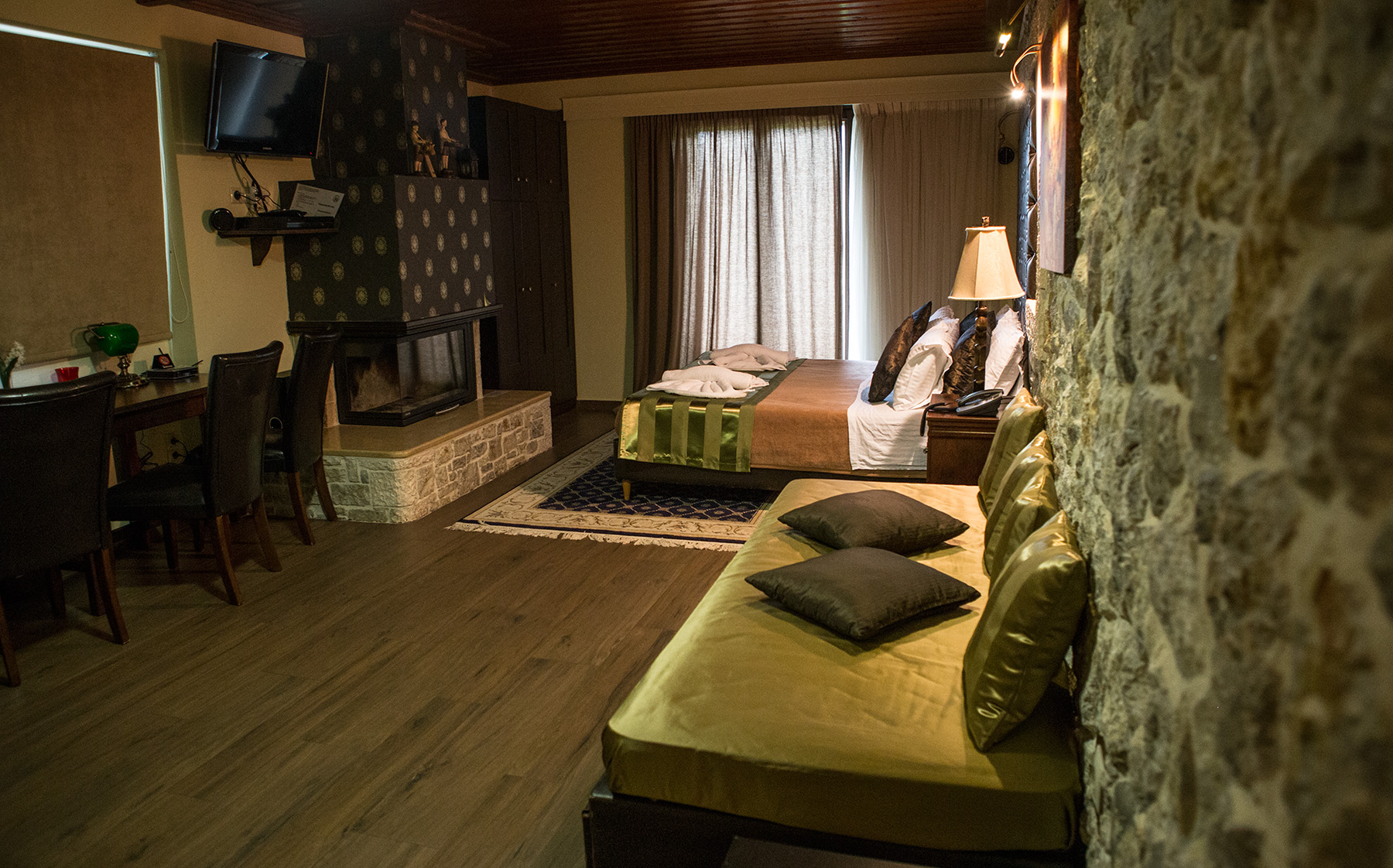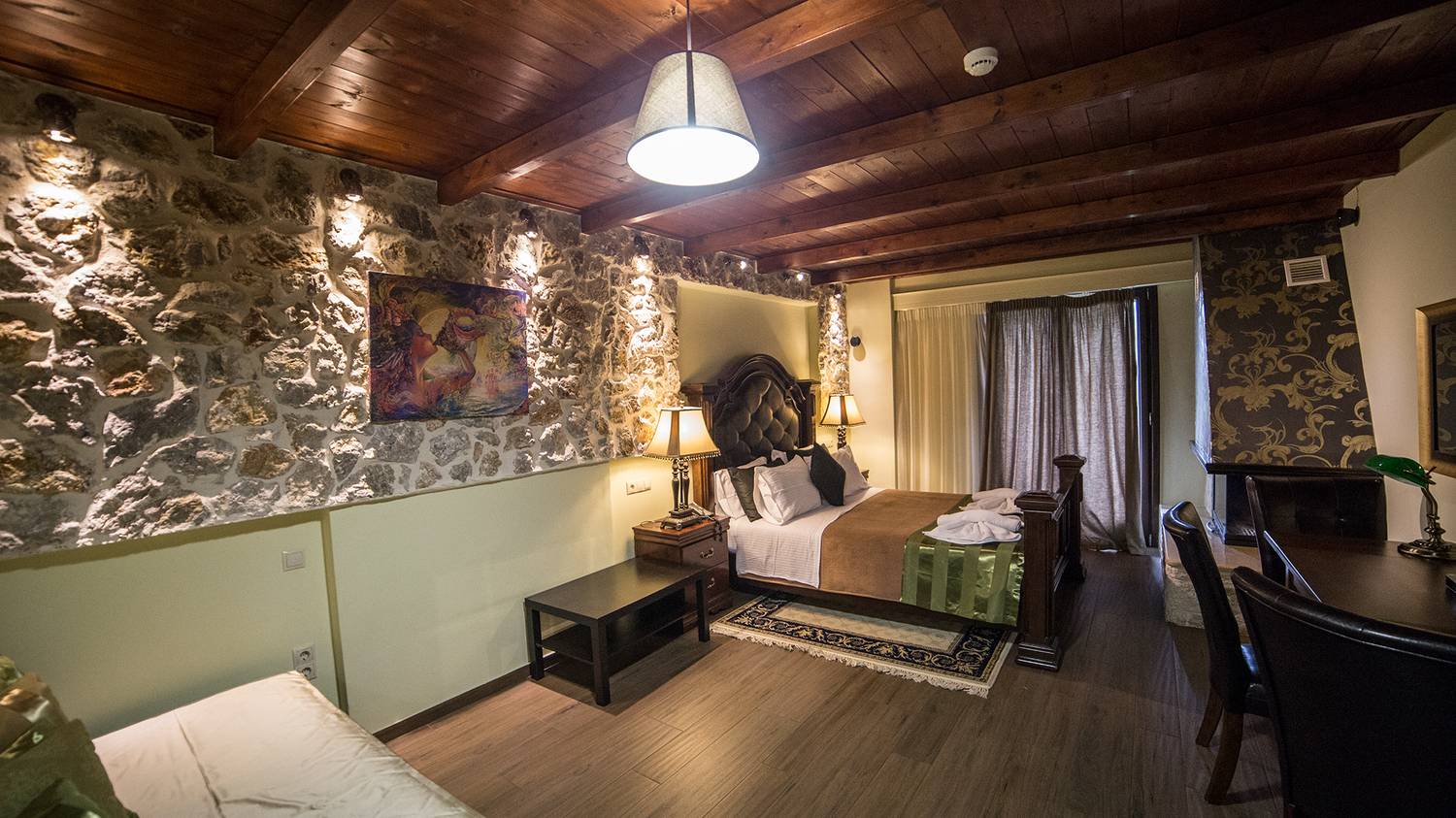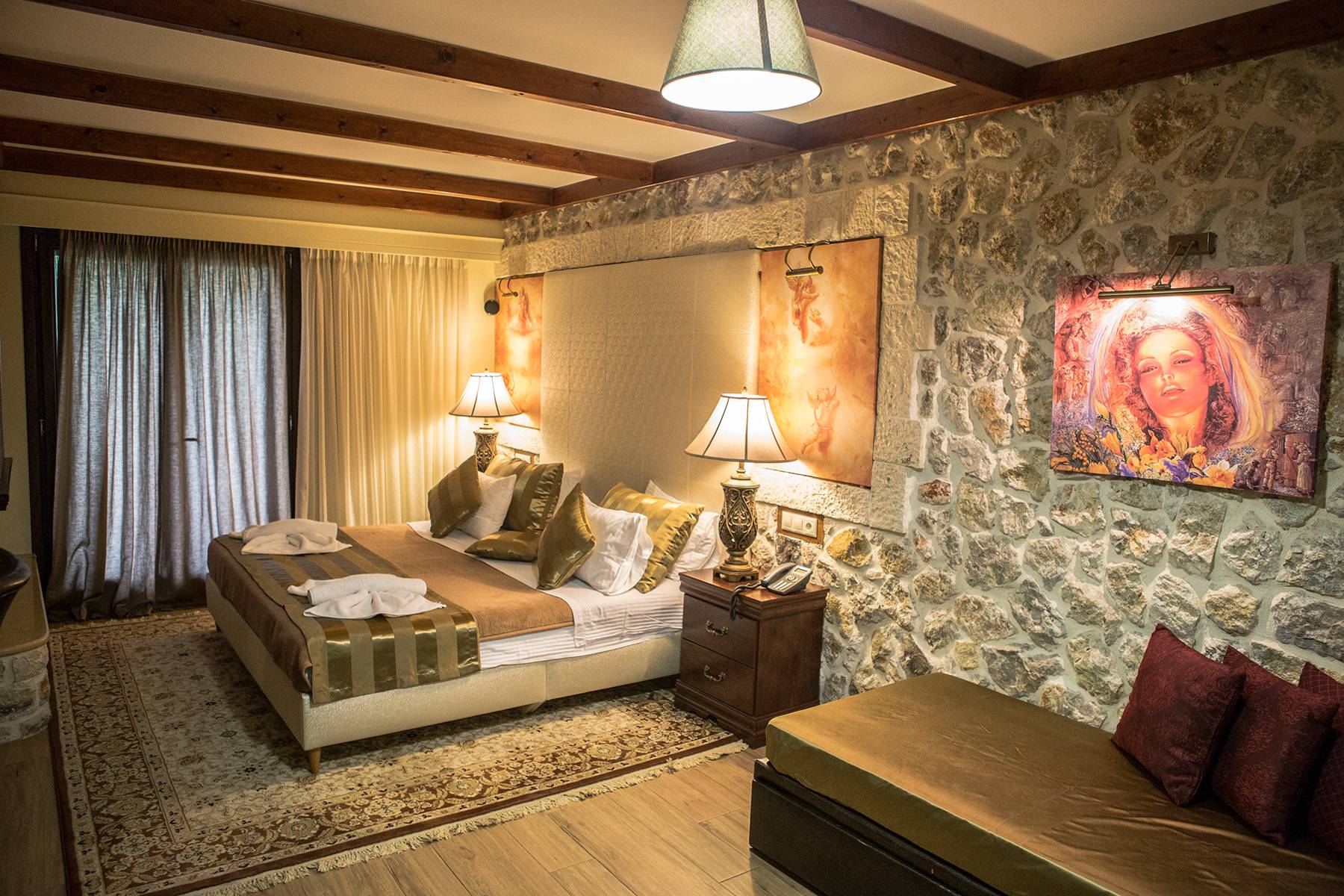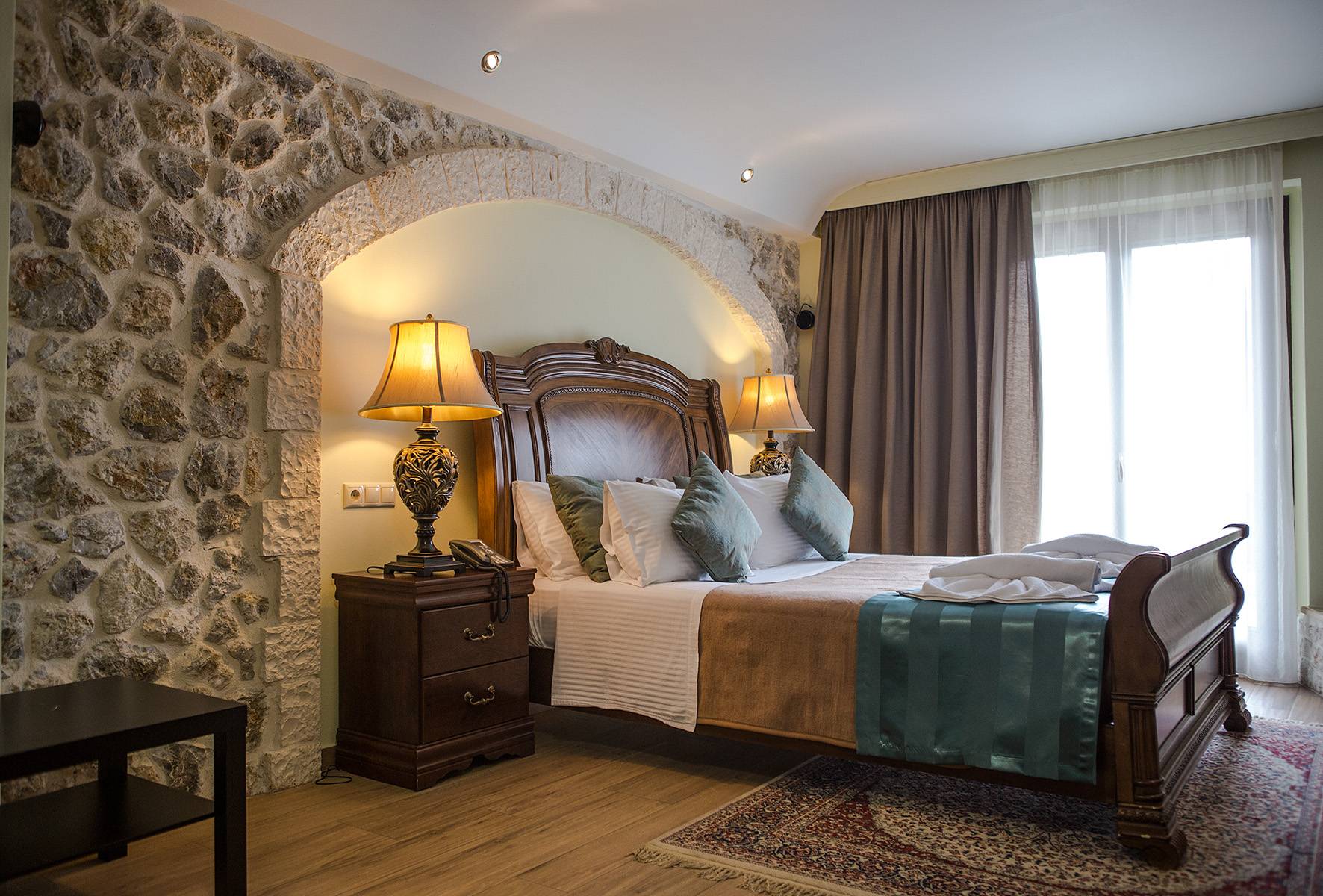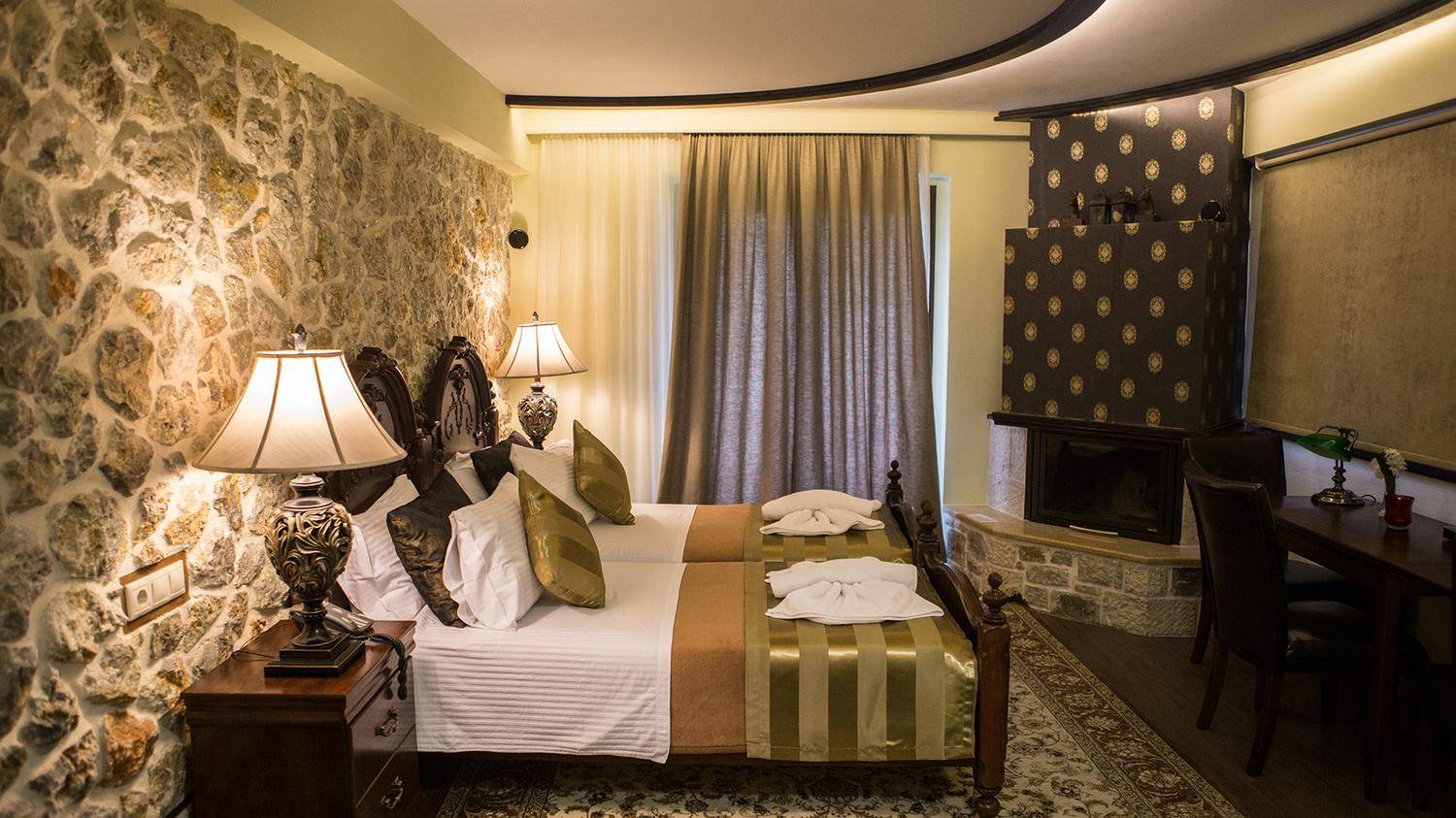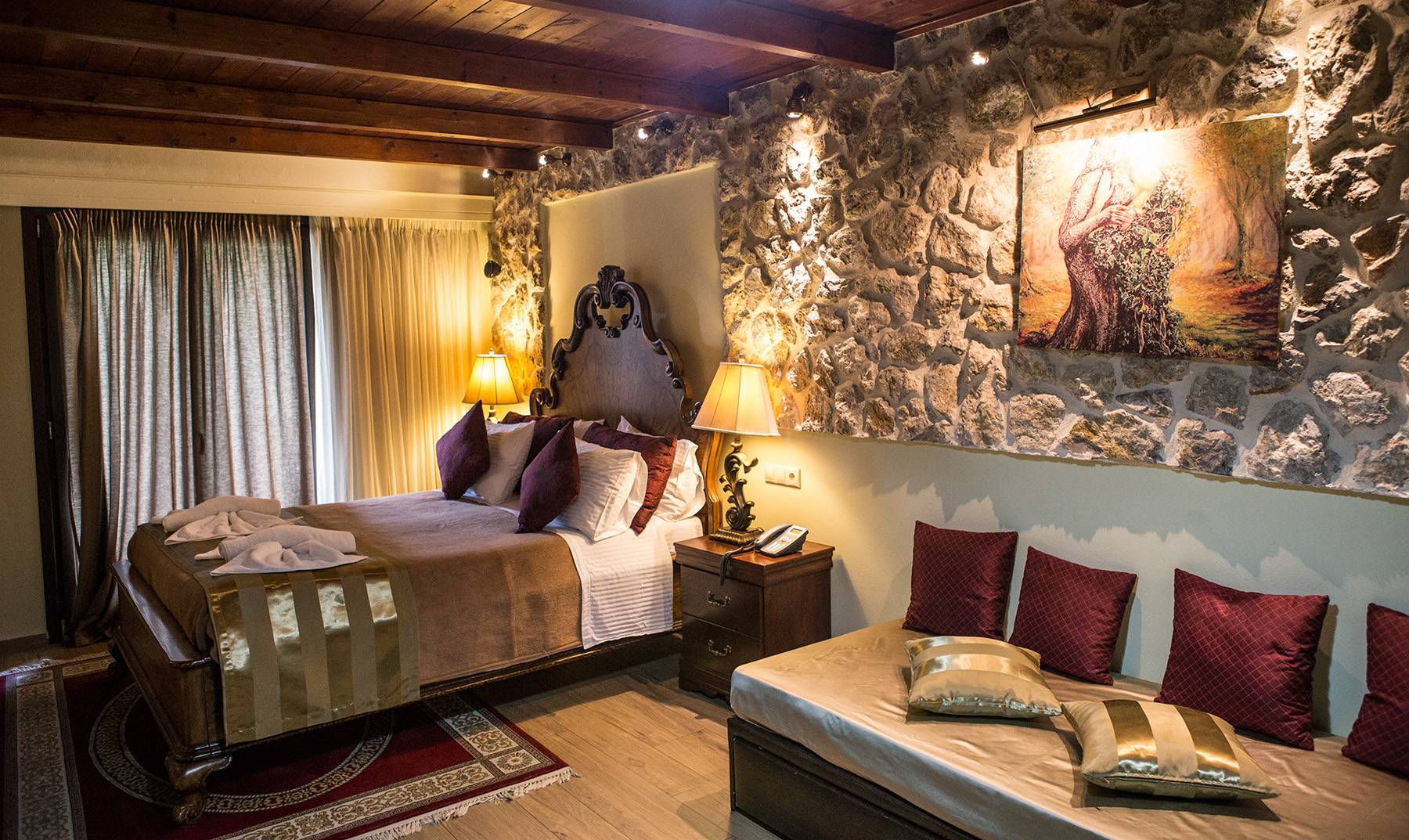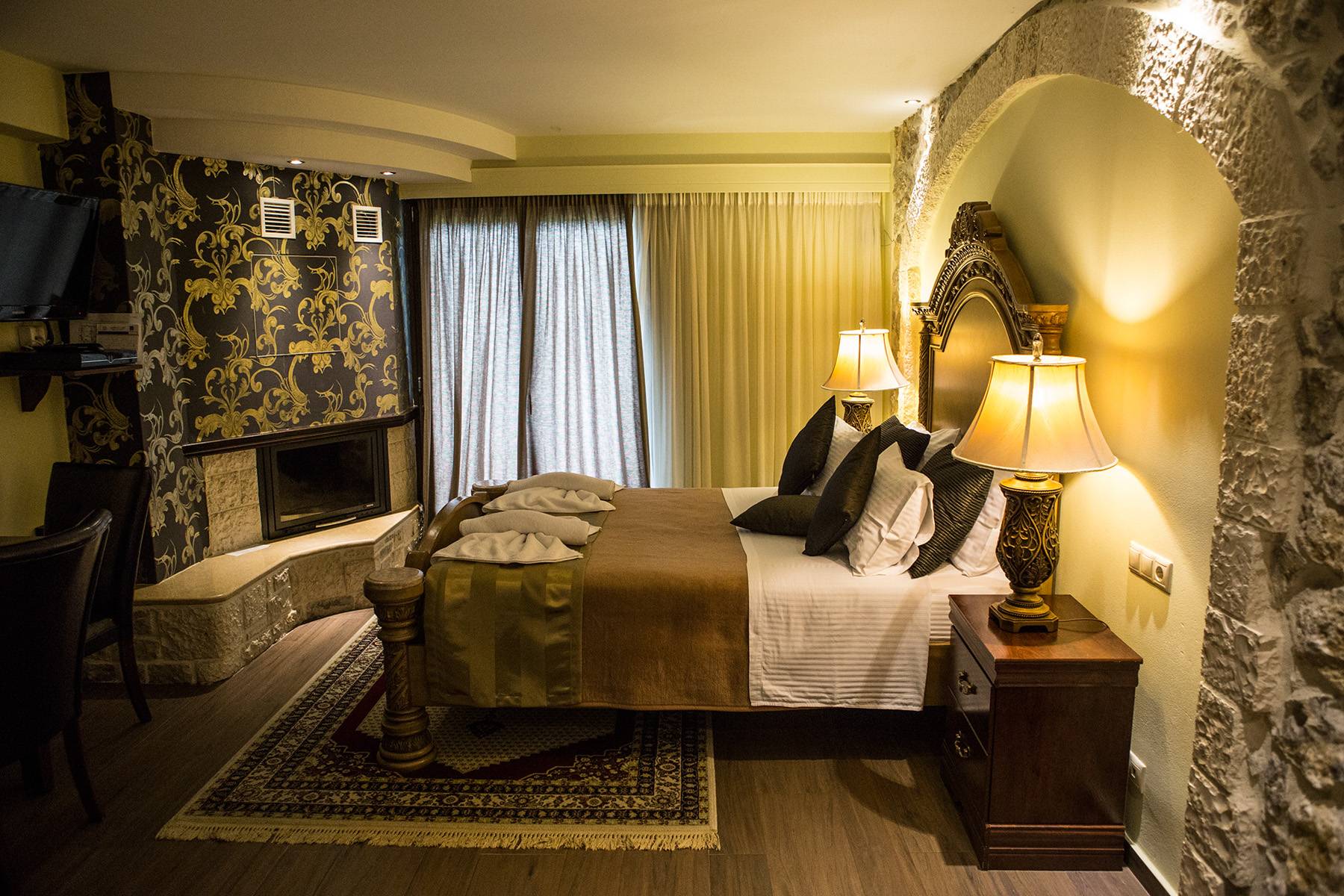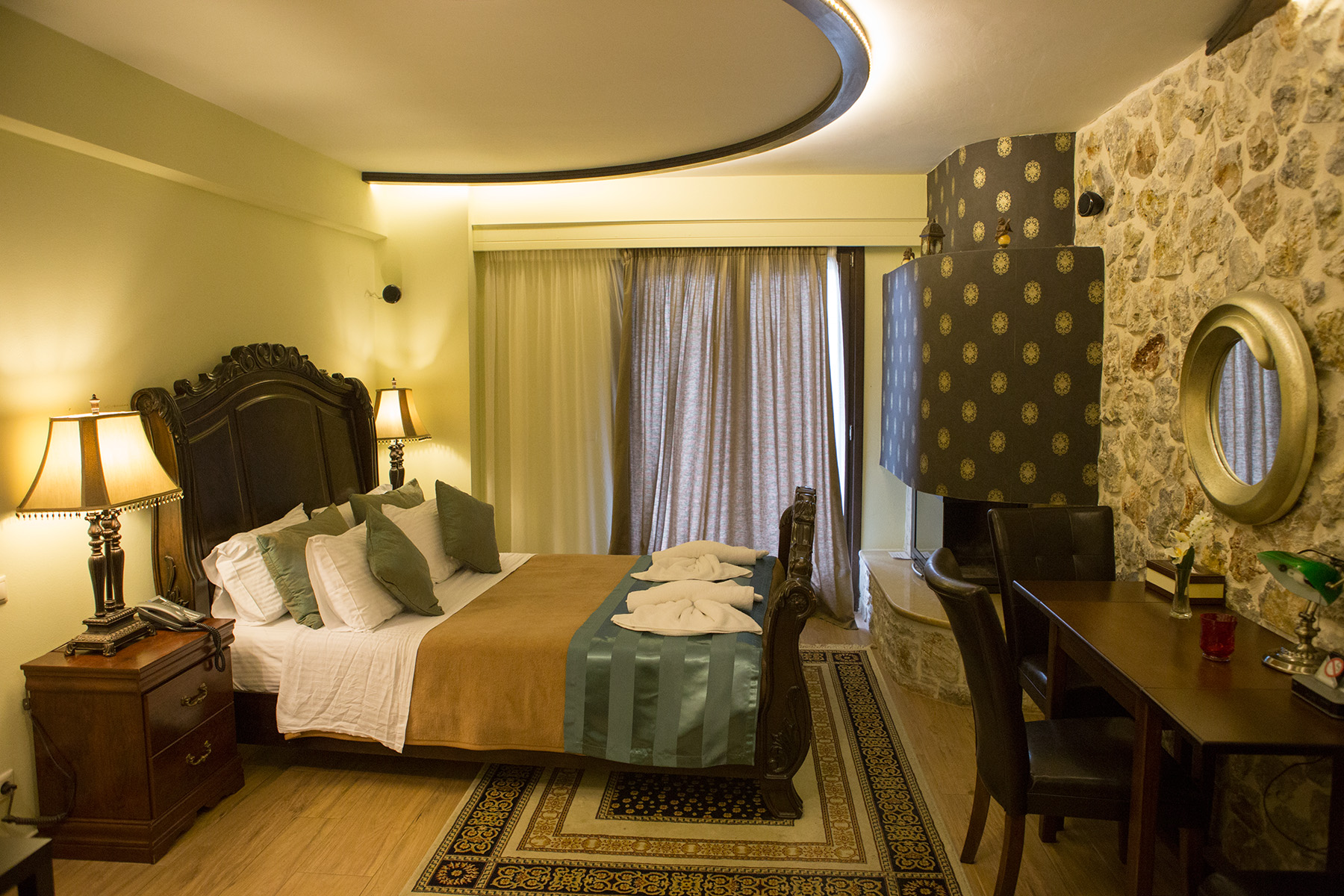Discover the Beauty of Evrytania's Nature!
The Evrytania region, predominantly mountainous, is located in the heart of Greece. Characterized by its towering fir-covered peaks and abundant water springs, it features a relatively mild climate with heavy snowfalls in winter and cool summers. The alpine landscape of Evrytania offers a wealth of experiences for visitors, tourists, and explorers.
The Velouchi Ski Center, considered one of the best in Greece, is a key destination on the country's winter tourism map.
The region's rivers provide adventure enthusiasts with unique moments of enjoyment! Activities such as the descent of "Panta Vrehei," kayaking and rafting in Dipotama, swimming at the beach of Agia Vlacherna, traversing the Via Ferrata, and bathing in the Black Cave waterfall are just some of the numerous activities that captivate visitors to Evrytania.
History of the Region
The first historical reference to the inhabitants of the area comes from Thucydides in the 5th century BC, regarding military operations in the region of Dolopia, in the northeastern part of Evrytania. However, Homer mentions the region in the Iliad (B' verses 682-685), leading us to conclude that a significant civilization developed here as early as 1100 BC.
The ancient capital of Evrytania was the city of Oichalia, although its exact location remains unclear. The name "Evrytania" derives from the verb "eryo," meaning to stretch a bowstring. Thus, "evrytanes" referred to someone who was skilled in archery, and the name was used as an epithet for the region's first king, Eurytos, a master archer. Another interpretation suggests that the name comes from the area's abundant waters: Ev + reo = evrytos region, meaning a land with abundant flowing waters.
In addition to the Evrytanian people, the region was also inhabited by the Dolopes, Aperantes, and Agraioi. The religion of the ancient Evrytanian people was similar to that of other Greeks but with some distinctive features, such as the worship of Dionysus and Artemis, the goddess of hunting, to whom a sanctuary was dedicated, possibly leading to the name of the Agraioi tribe. The Evrytanian people also honored Odysseus with an oracle, which was likely located in the "Apoklistres" cave or the Black Cave in Proussos.
The current capital of the region, Karpenisi, is believed to have been established during the Byzantine period. The most popular theories for the origin of its name are either from the Vlach word "Carpen" meaning maple (Carpen-isu = place of many maples) or from the Turkish word "kar-benis," meaning snow-covered.
Byzantine and Post-Byzantine Period
The battle at "Kokkalia" against the Galatians is one of the most significant military events in the area. During the Roman and Byzantine periods, Evrytania did not witness major events, apart from a few Christian monuments. The early Christian basilica of Klavsiou, a 5th-century work, and the frescoes in the Proussos Monastery are some of the most notable examples.
During the Byzantine period, due to its mountainous nature, the inhabitants of Evrytania enjoyed tax exemptions, and the entire area was known as "Agrapha," as it was not recorded in the state's registers. During the iconoclast period, the Evrytanian people resisted the iconoclast policies and preserved the icons in their churches.
Turkish Occupation and the 1821 Revolution
Evrytania became well-known during the Turkish occupation and the Greek Revolution of 1821, when the region became a refuge for the armatoloi and klephts, including the legendary Katsantonis. The battle at Kefalovryso in 1823, where Markos Botsaris sacrificed his life, is the most significant military event in the area.
Modern History
Evrytania also played a crucial role during the German Occupation, serving as a refuge for the partisans. In the village of Vyniani in 1944, the first mountain government, the PEEA, was established and held Greece's first real elections, in which women also voted.



